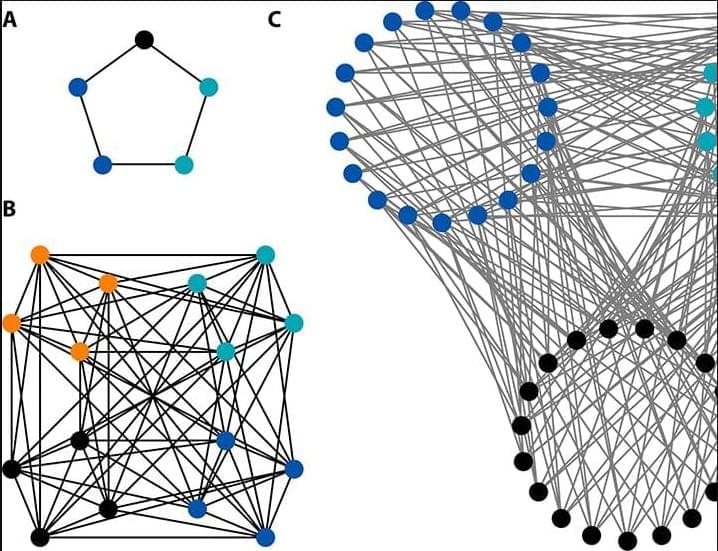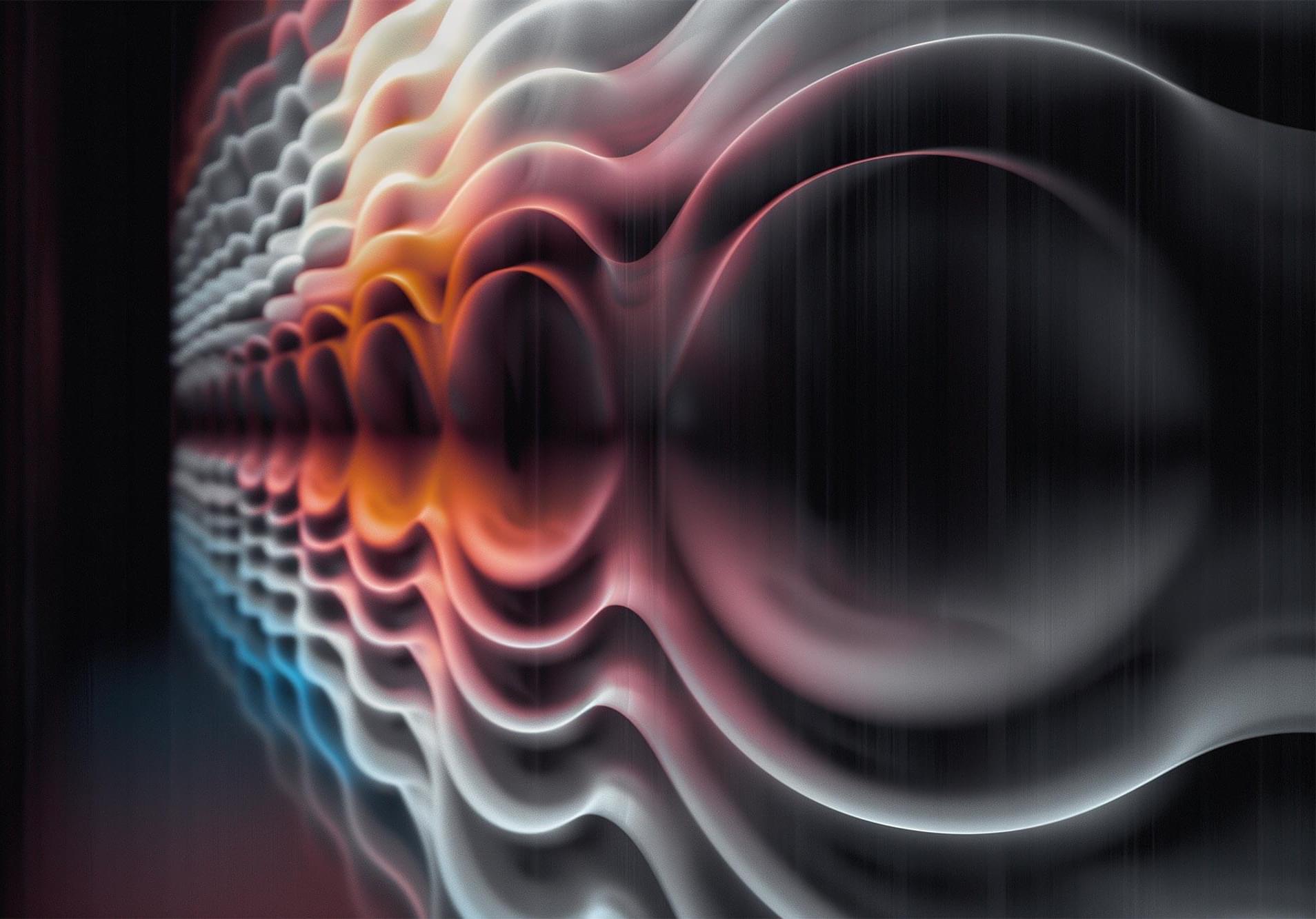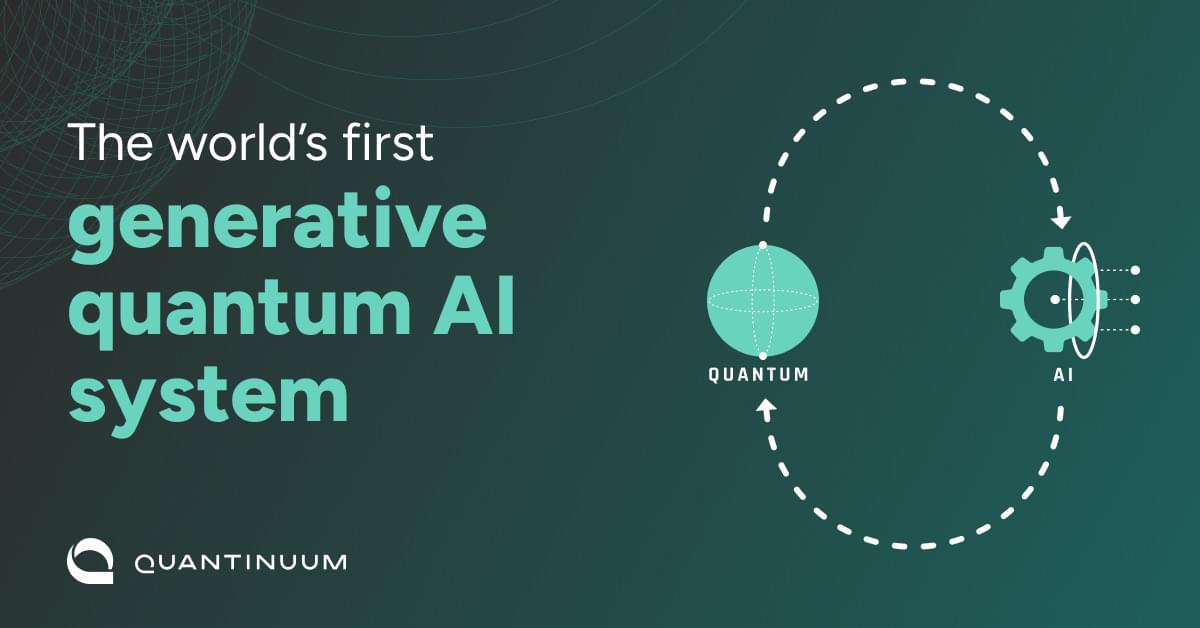A team of physicists affiliated with multiple institutions in China has measured a pulse of light in 37 dimensions. In their paper published in Science Advances, the group explains that their experiment was meant to demonstrate that quantum mechanics is more nonclassical than thought.
Quantum mechanics involves how things work at the subatomic level, while general relativity describes classical theory, which has aspects of what physicists call local realism, where things happen around us in the ways that we expect them to happen and in the order we expect.
Physicists have tried and failed to unite the two theories for decades. The problem has only grown more difficult in recent years as research efforts have shown that the differences between them are greater than thought. In this new effort, the researchers in China sought to see how far nonclassical quantum mechanics differs from classical theory by carrying out an experiment to demonstrate the Greenberger–Horne–Zeilinger (GHZ) paradox.








